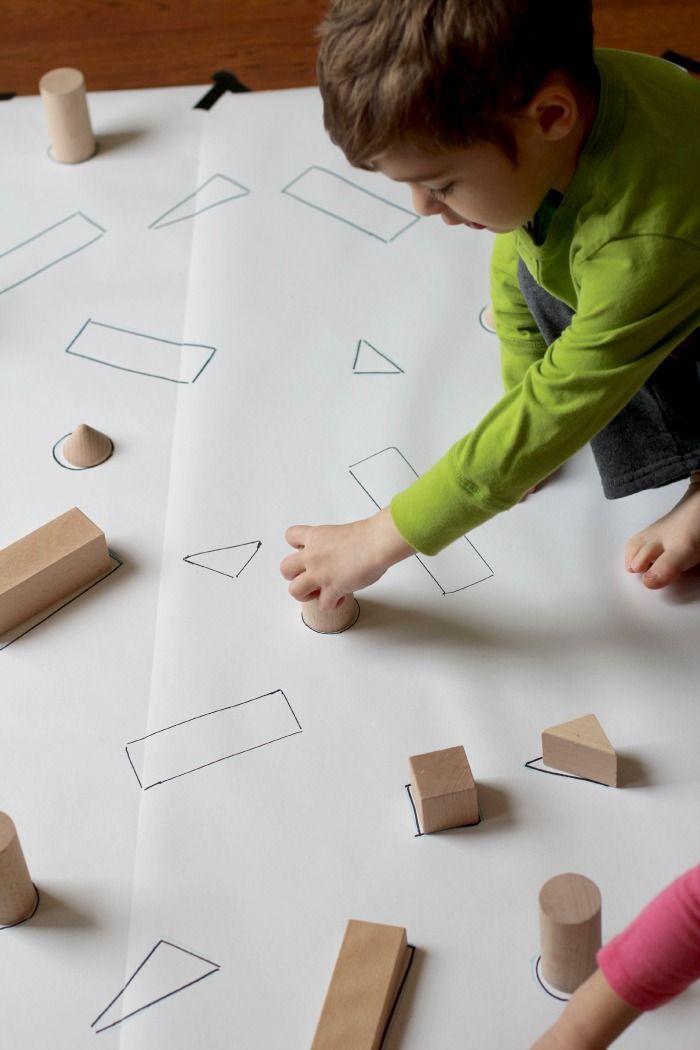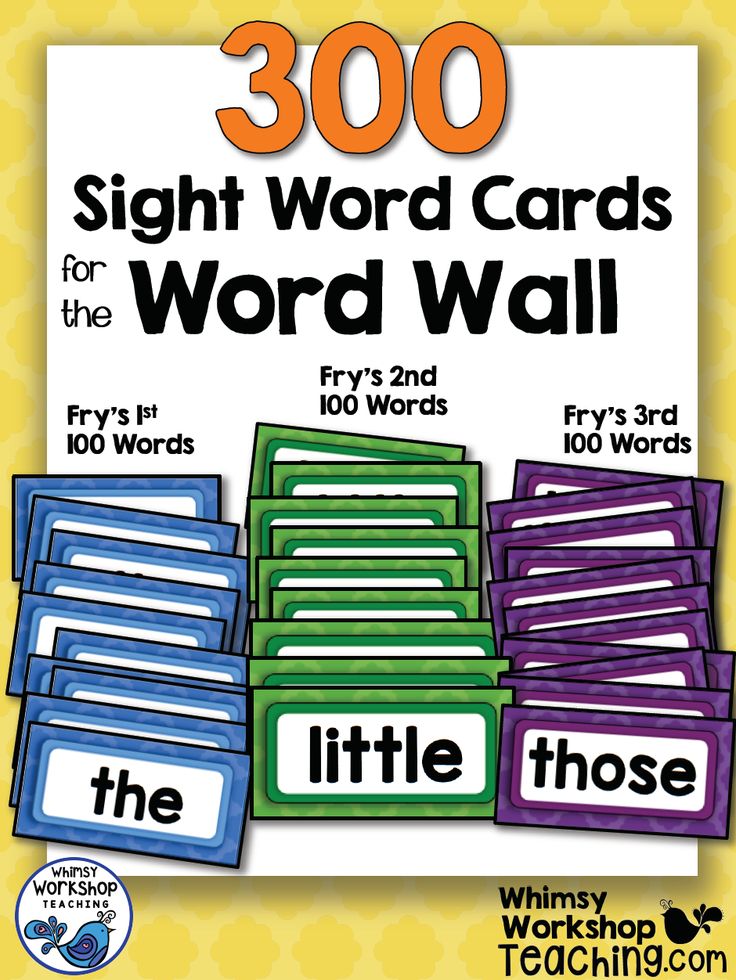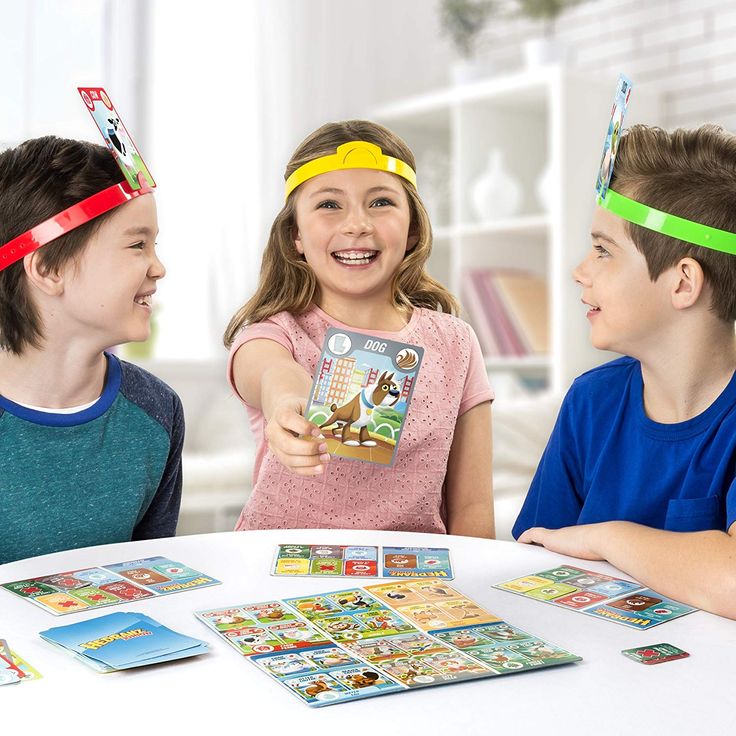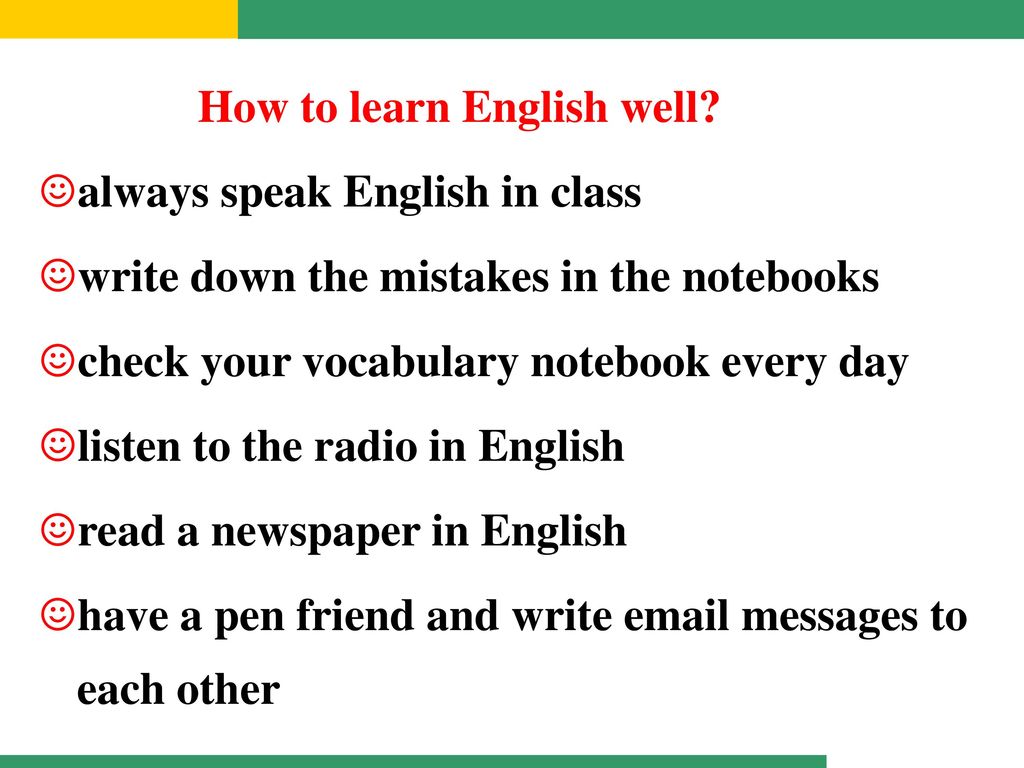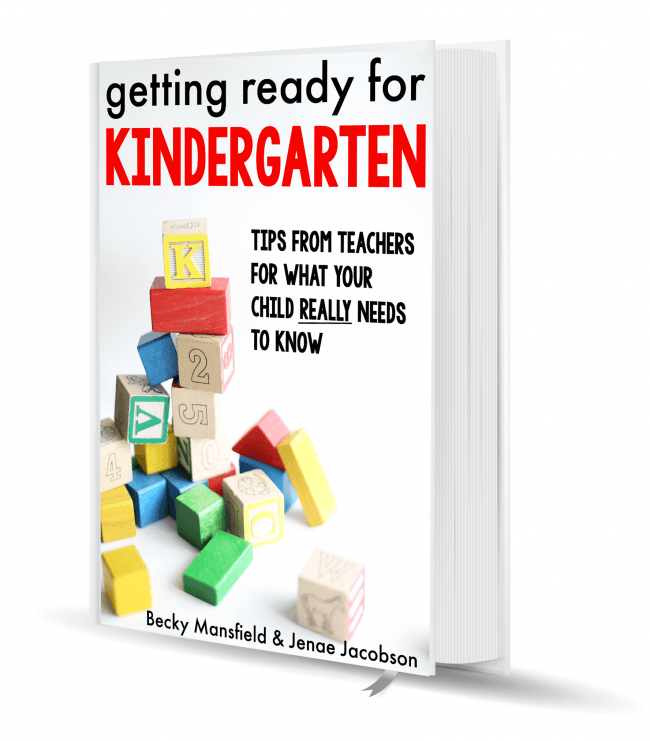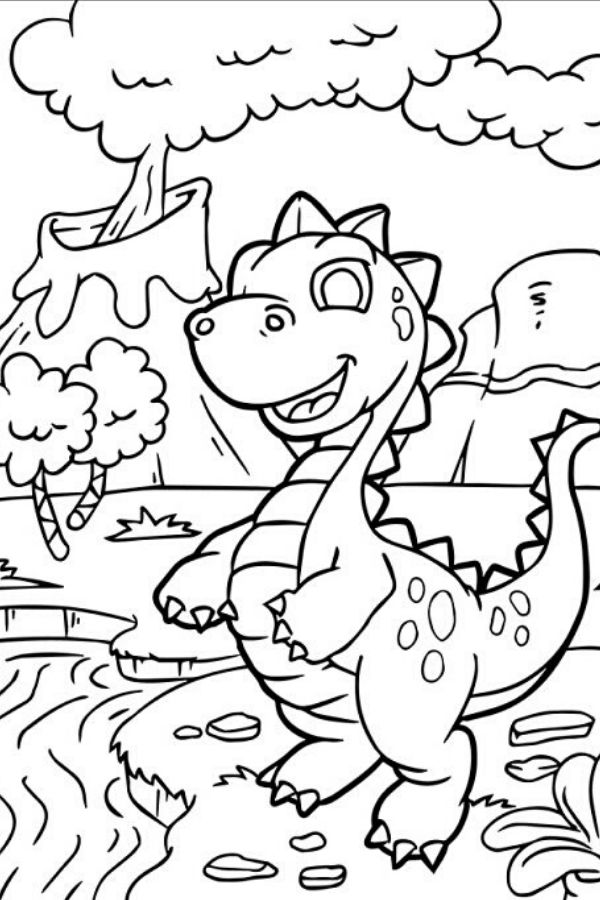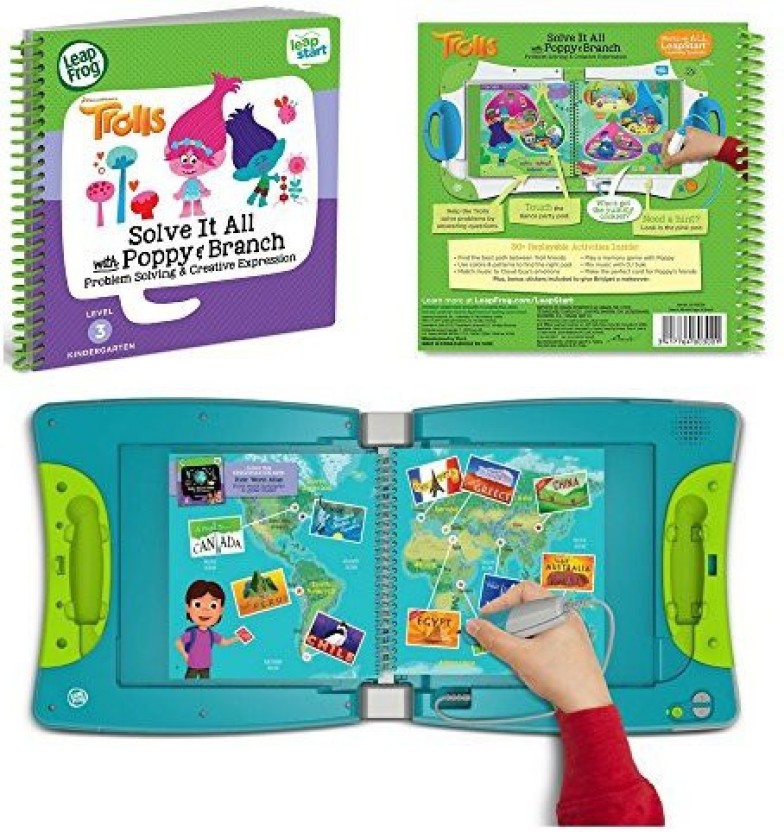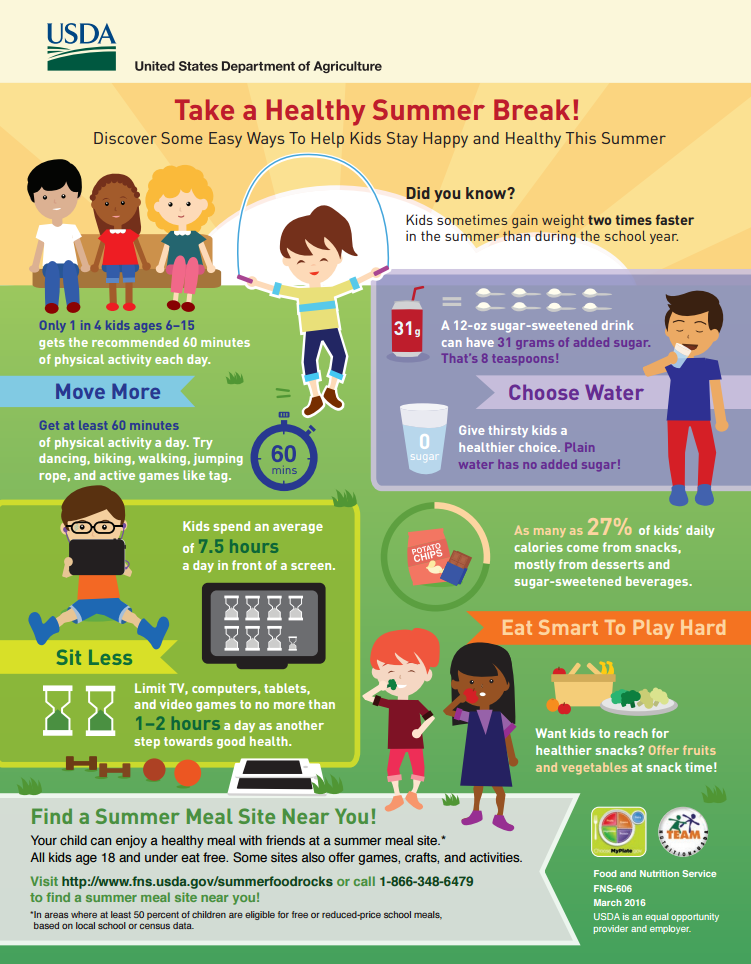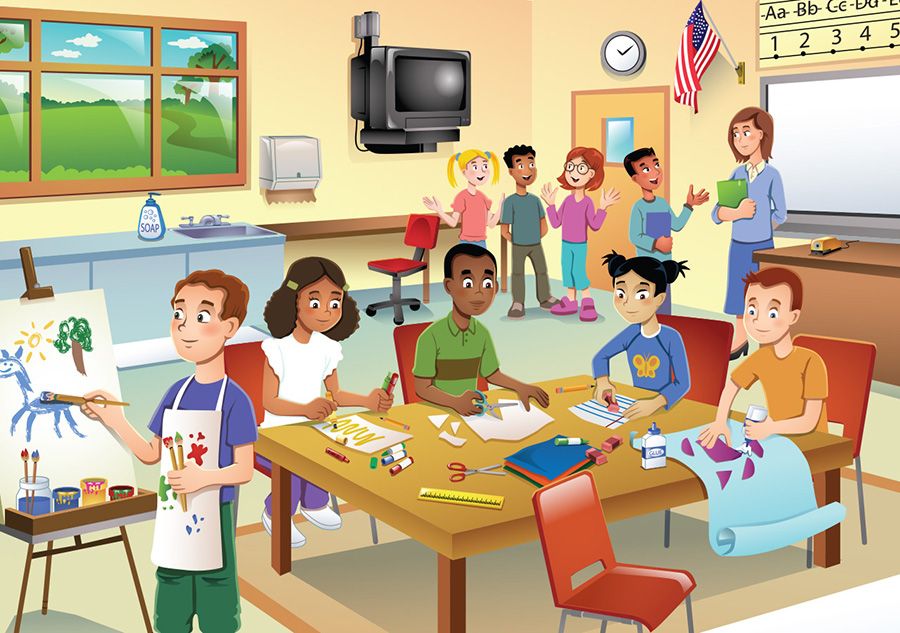Preschool games and activities
30 Fun Indoor Games & Activities for Preschoolers
Need some indoor games and recess ideas? Tired of musical chairs? You’re in the right place! We all know that kids need to move to burn off excess energy, but it can be tricky when it’s too cold, hot, or wet to go outside. Instead of dreading those days, here are more than 30 fun indoor activities and games for kids your students will love. These preschool games, music, and movement activities are perfect for indoors and still keep active preschoolers moving and having fun.
Indoor Recess Preschool Group Games
Many of these indoor recess games also help develop important gross motor and social skills – yes, please! And many of these indoor games for kids can be played outdoors too!
4 Corners: This classic indoor game is simple to teach and easy to play. Forgot how to play? Here’s a step-by-step guide to jog your memory. Use pictures of popular storybook characters if your kids aren’t ready for numbers.
Color Corners: Or use colors (indoors or out).
Duck Duck Goose – This classic game is a great way to get a little exercise in, but also helps children develop self-regulation skills and pay attention.
Popcorn! Parachute Game- This whole group game is great for students to learn how to work together. It’s also a great game for developing important gross motor skills.
Bluebird, Bluebird Through the Window – Watch the video to learn this classic song and movement game. Kids love moving and singing along to this fun game.
Row, Row, Row, Your Boat- Students can be partnered up to sing along to this classic song!
Indoor Preschool F
or Listening & Self-RegulationHuckle Buckle Beanstalk- Watch the video to learn how to play this 19th century game that still packs a powerful punch today.
What Time is it Mr. Fox? – The perfect fun game for developing important listening and self-regulation skills.
Red Light, Green Light – Students can work on their executive function skills with this preschool game.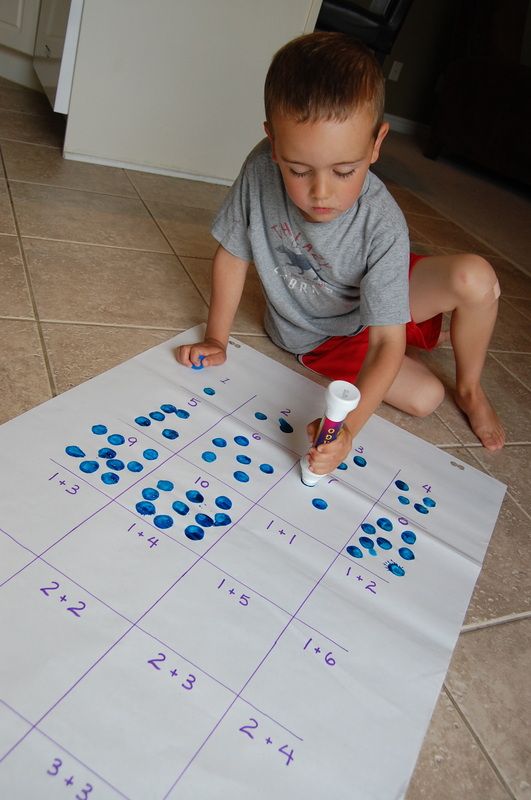
Simon Says – 2 Versions
—Snowman Listening Game
—Bunny Listening Game
Do your kids need a little extra help listening and following directions? Then you need these simple Simon Says movement games in your life!
Freeze Dance: A classic game that’s not only fun, but helps kids develop self-regulation skills. Play a favorite song, the kids have to “freeze” when the music is paused. Use a variety of musical styles and tempos to encourage different types of dance and movement. Use your smartphone and a bluetooth speaker so you can pause the music without tipping off the kids. Everybody loves playing freeze dance!
Hot Potato- Your kids will have a blast with this fun, classic game while working on their listening and self-regulation skills.
Chicken Dance- Who doesn’t love the chicken dance? Watch the video to learn how to do this super silly and fun dance!
Limbo – An oldie but a goody! Watch the video to learn how to play this classic game.
Please Mr Crocodile- Please, Mr Crocodile is a fabulous game for all different sized groups, from small groups to large groups of kindergarten or preschool kids.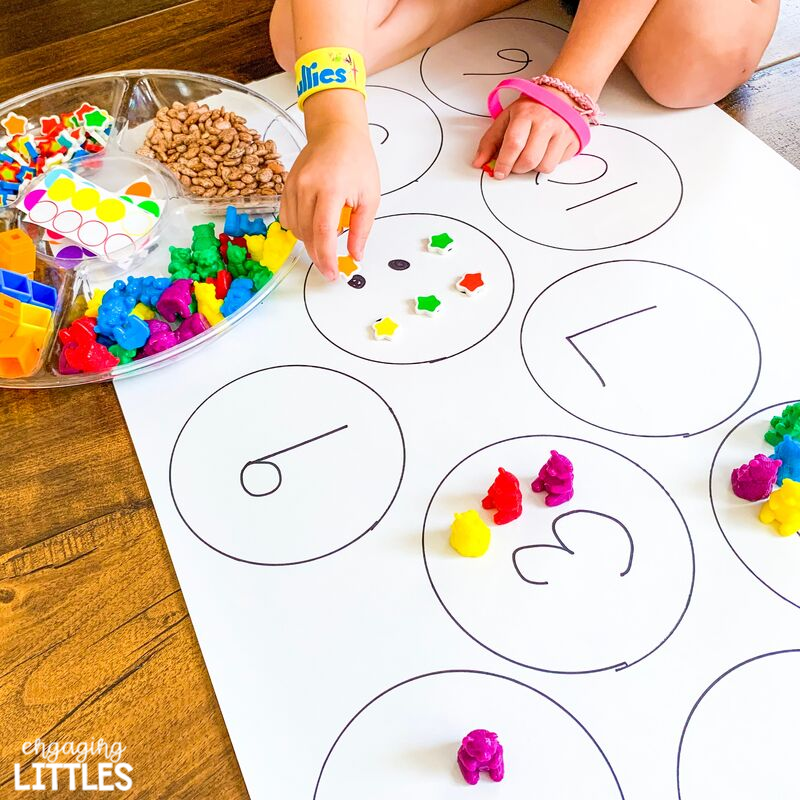
Gross Motor Preschool Games
Zoo Animal Movement Game- Are you looking for a fun, easy game for your Zoo thematic unit that builds in following directions, listening, and movement? Roll and Move with the Zoo Animals will give your children multiple opportunities for learning while having fun too!
London Bridge –This one never gets old! Watch the video to learn how to play this classic preschool game.
Farmer in the Dell- This one is fun to sing and easy to teach. Watch the video to learn how to play this classic preschooler game.
Rolling Pin Races- Grab some rolling pins and have fun with these races!
Bowling with Plastic Bottles- Save those plastic bottles for a fun bowling game!
Paper Plate Ring Toss- Recycle some paper plates and make your own ring toss game!
Musical Chairs – This classic game is great for teaching children patience, gets students up and moving, and learning how to deal with frustration (a very important life skill!)
Ring Around the Rosy- Watch the video to refresh your memory of how to play this classic memory game!
Head Shoulders Knees and Toes- Watch the video and remember how easy it is to play this preschool game.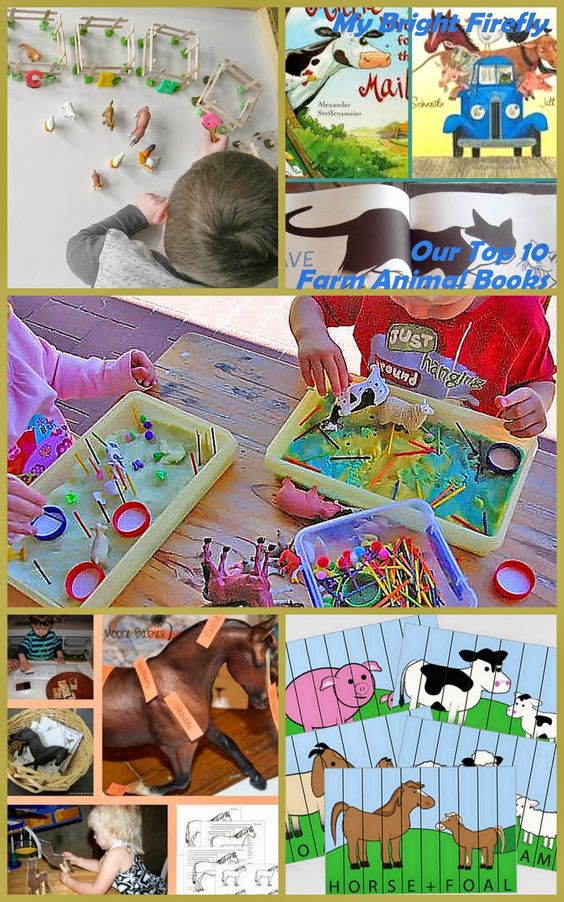
Hokey Pokey- Your preschoolers will have fun with this classic simple song.
Indoor Music, Songs and Dance Activities
Cool Bear Hunt Movement Song- Students will learn work on their social skills and oral language skills as they go on a cool bear hunt.
Dr. Jean’s Banana Dance-Preschoolers will love joining in on the movements of this song!
Number Race Game- Your preschoolers will have better retention of their numbers since it pertains to their life.
What’s Missing?-Your students will love this game and it’s easy to set up. And it’s a great one for your toddler at a restaurant as well!
Glow Stick Hide and Seek- Did somebody say glow sticks? Grab some glow sticks and play this super fun version of hide and seek.
XO Hop-If you have a small space, but lots of energy then your preschoolers are sure to love this activity.
Animal Hide and Seek –This is the perfect rainy day activity!
Active Movement Activities for PreschoolersJump the Candlestick – Move like Jack in the nursery rhyme or think of other ways to move over or around the candlestick.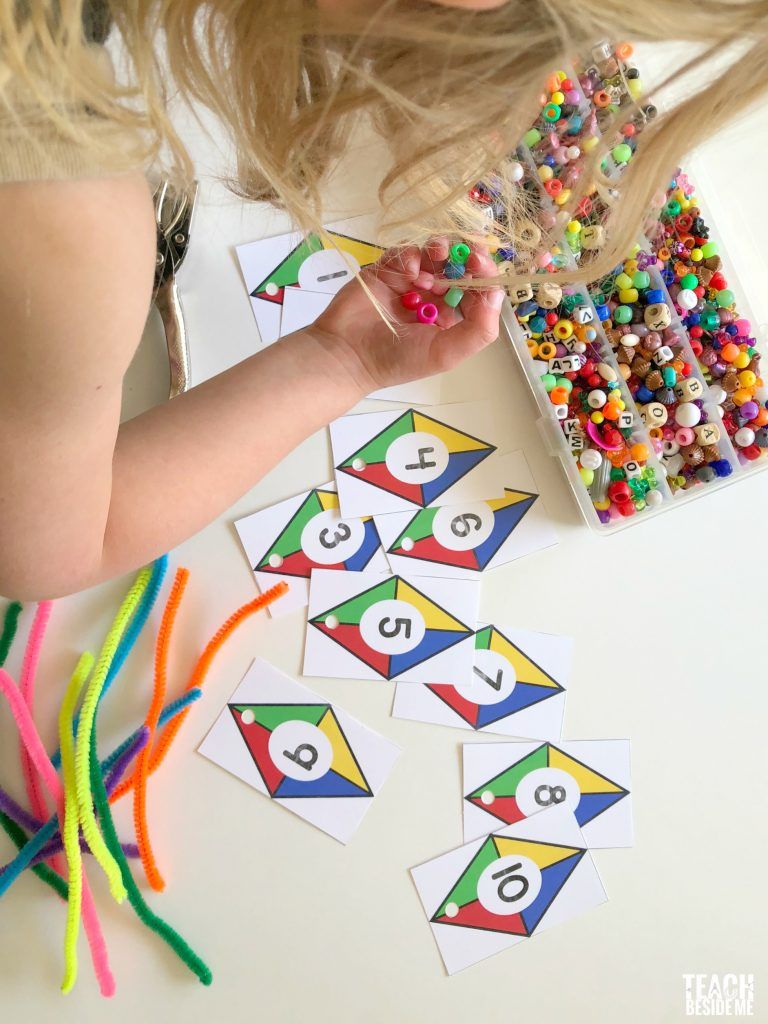
Dinosaur Movement Game – Incorporate a favorite interest as preschoolers roll and move like dinosaurs.
Weather Movement Game – Can’t go outside? Talk about different kinds of weather in this movement game.
Swatting Game – I guarantee your preschoolers will love swatting letters, colors, numbers, or whatever you choose in this DIY game.
Uno Movement Game – Use cards from a favorite card game to move around the room. Don’t have the game? These color and number cards could easily be created or you could adapt any type of number cards to move.
Dumpster Diving Game – No, don’t bring a dumpster inside. Fill a large box with recycled materials and a few toys. Kids will love searching for the “hidden” items in the box.
Block Basketball – Easily adaptable for younger or older preschoolers. Use materials on hand to create a fun adaption of basketball for preschoolers.
What are your favorite indoor recess games and activities? Leave a comment below, we’d love to hear from you and expand our list of awesome ideas!
16 Indoor and Outdoor Group Games for Preschoolers
- Share
Need some ideas for group games to play with preschoolers and kindergarteners that are also educational?
Children learn best through play and games are a great way to work on building foundational skills.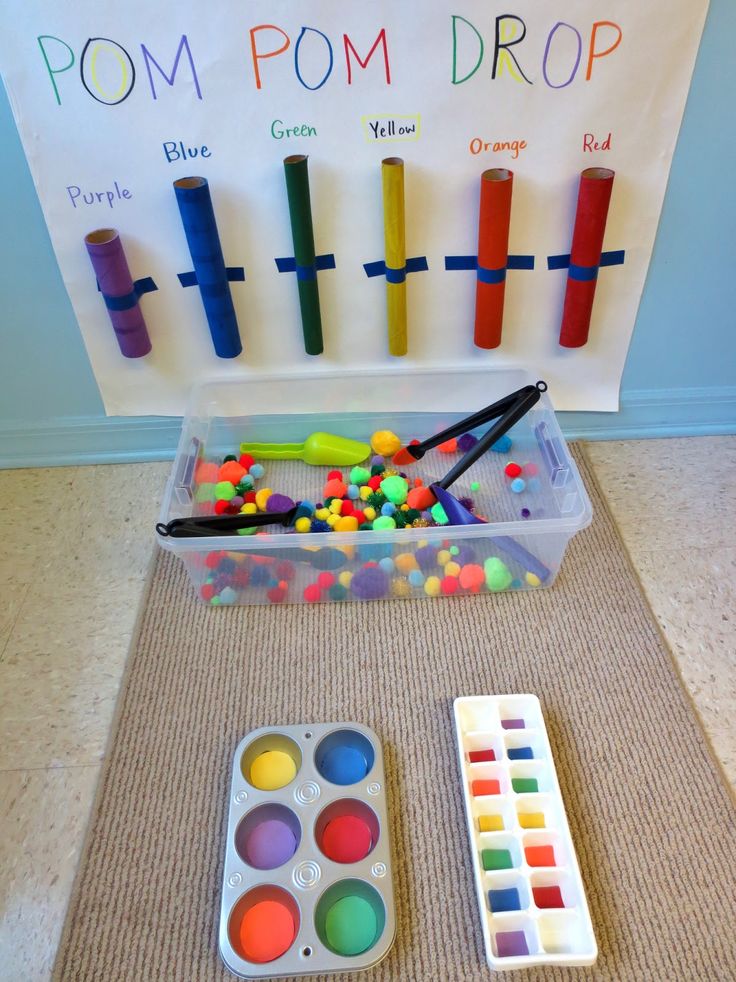
These are great for small groups on a playdate or to play with your preschool class. They are separated into indoor and outdoor games, depending on where you choose to play.
Your kids will love these 16 fun group games for preschoolers.
9 Fun Indoor Group Games for Preschool ChildrenSome of these are active indoor games for preschoolers, while others are quiet, calming games to play indoors.
Active games are great for building gross motor skills and quiet ones also have many benefits – improving concentration, listening skills, problem-solving abilities, etc.
1. Simon SaysSimon Says is a classic game that can be altered to fit your particular needs. It can be an indoor game or an outdoor game.
With small children, you as the parent will usually be Simon.
To play Simon Says, the person who is chosen as Simon gives a set of commands and the children must follow them.
When you want the children to follow the command, begin by saying ‘Simon Says.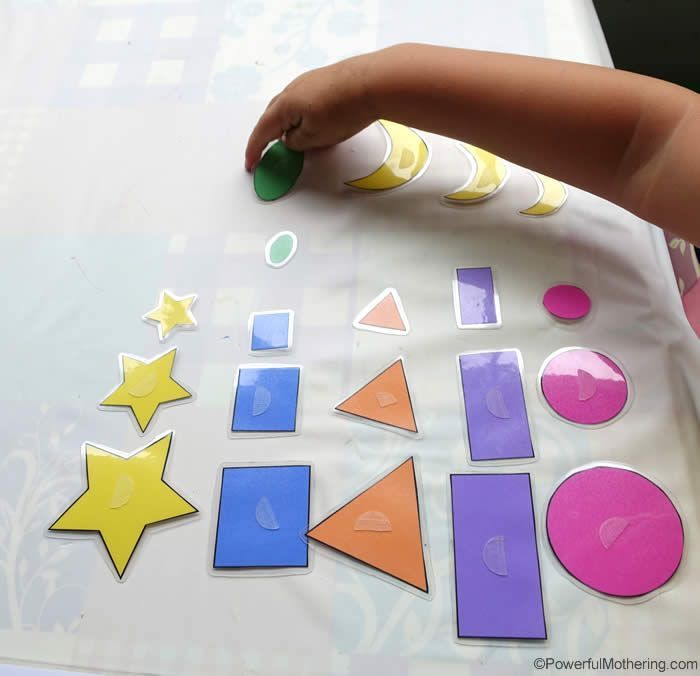 ’ When you don’t want them to follow, only say the command.
’ When you don’t want them to follow, only say the command.
If a child still carries out the command, without you saying, ‘Simon Says,’ he is out of the game. The last person standing is the winner!
You can make this game as easy or as difficult as needed to suit the children. You could also nominate the winner to play Simon next.
Because this game is so versatile, it has numerous benefits for children. It builds both their gross motor skills as well as fine motor skills. ‘Simon Says’ can also teach skills such as balance and crossing the midline.
In addition to physical skills, kids learn listening skills and develop a great vocabulary as well. By playing the role of Simon, they will also learn to communicate and lead others.
Here are 70 Simon Says commands kids will love.
2. Broken TelephoneBroken Telephone is a quiet game best played indoors. The rules go as follows:
- Start by sitting in a circle
- One person begins and whispers a sentence into the ear of the person next to them
- That person then passes the message on to the next person
- Once it reaches the last person in the circle, she says the sentence out loud
The goal of the game is to send the message, intact, all the way around the circle.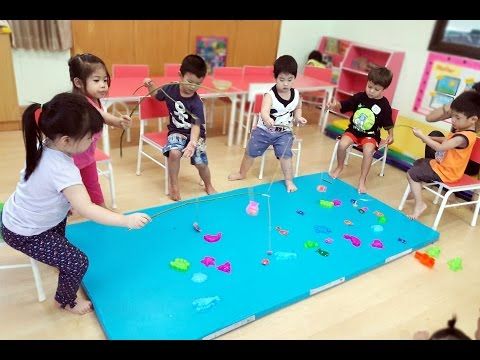
This game is great for learning listening skills. It can also help your child interact and gain social skills with their peers as well. Children also learn sound recognition as they try to listen to what the person is whispering.
It is also loads of fun as the message often gets ‘broken’ on the way and leads children into fits of laughter!
3. Story Time ClapAnother great quiet game to play with your preschoolers includes some clapping. Choose to either tell a story or read a book. Then, whenever you say a particular word or phrase throughout the story, the children must clap each time they hear it.
As with the previous game, this is another great game to help your child develop sound recognition and listening skills. It will also aid in their language development as well.
4. Touch and Feel BoxA touch and feel box is another fun activity for your kids. First, collect some items that have unique textures. Then, put them in a box or a bag you can’t see through.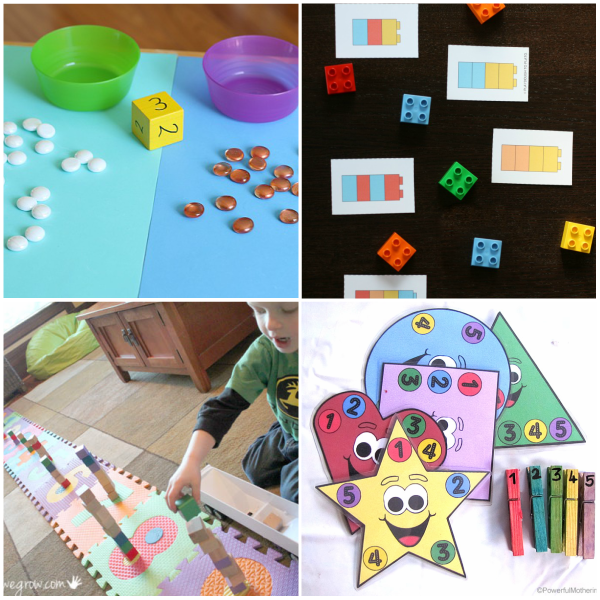
Go around the room and have everyone quietly touch and feel one of the items. Once everyone has had a turn, have them share what they think is in the bag.
See how many children guessed an item correctly.
The Touch and Feel Box is a great way to build their language. They have to connect their senses to words to describe what they are feeling.
5. I SpyI Spy can be played both indoors and outdoors. The rules go as follows:
- One person picks an object in the room
- Then, they say, “I spy with my little eyes, something …” followed by the colour of their object
- The rest of the group takes turns guessing what that object could be
- The person can only answer yes or no
This game is great for thinking but also for socializing. It gets the children to talk to each other and develops great social skills. They also have to listen to hear what the colour is and what other people are guessing as well.
6.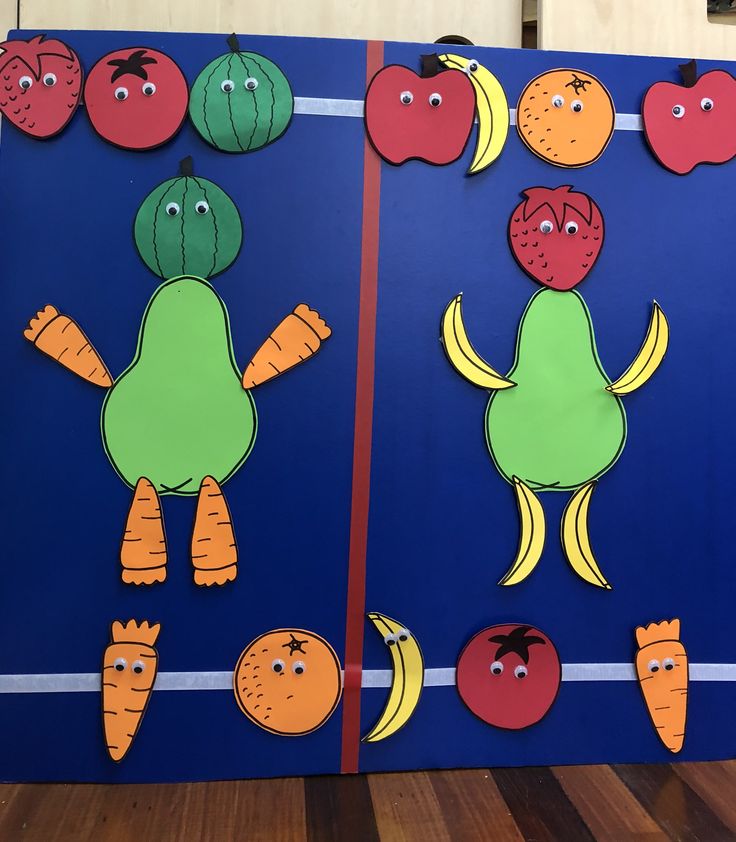 Musical Chairs
Musical ChairsMusical Chairs really helps children learn to let go and have fun with other kids.
Start by putting chairs in a circle. There should be one less chair than the number of children playing.
Once the music begins, everyone walks around the chairs. When the music stops, everyone must find a chair to sit in. The person without a chair is out of the game. For each round, remove another chair.
The game continues until there is only one chair left. Whoever sits in the last chair, wins!
This game teaches your children great listening skills. They also have to multitask, walking while listening to the music, while trying to get to the closest chair.
They can also develop balance and speed while trying to get to the chair first.
7. Red Light, Green LightRed Light, Green Light is a game your children will love to play. It can be played indoors or outdoors as well.
One player stands in the front of the room while the rest are on the opposite side.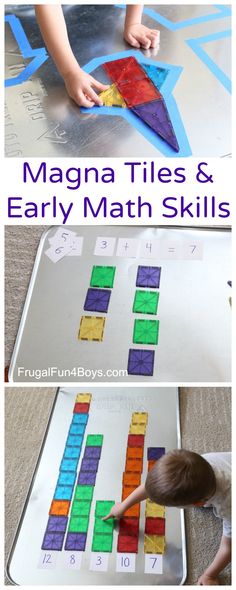 When that person turns their back and says, “green light,” everyone tries to reach that person first, moving as quickly as they can.
When that person turns their back and says, “green light,” everyone tries to reach that person first, moving as quickly as they can.
When that person turns around and says, “red light,” everyone has to freeze and not move at all. If anyone moves after, “red light” is called, they must go back to the start line. The first person to touch the caller wins the game!
In this game, your child will learn great physical skills including speed, balance, and gross motor skills. They will also practise their listening skills.
8. Heads Up, Seven UpWhile the other games don’t necessarily require a specific number of people, this game does. You will need at least 14 players. However, if you have less, then you can always adapt to fit your needs. This game is well suited to the classroom.
To begin, seven children go to the front of the room. The rest put their heads on their desks and their thumbs up. The seven children go around and touch only one thumb of their classmates and push it down.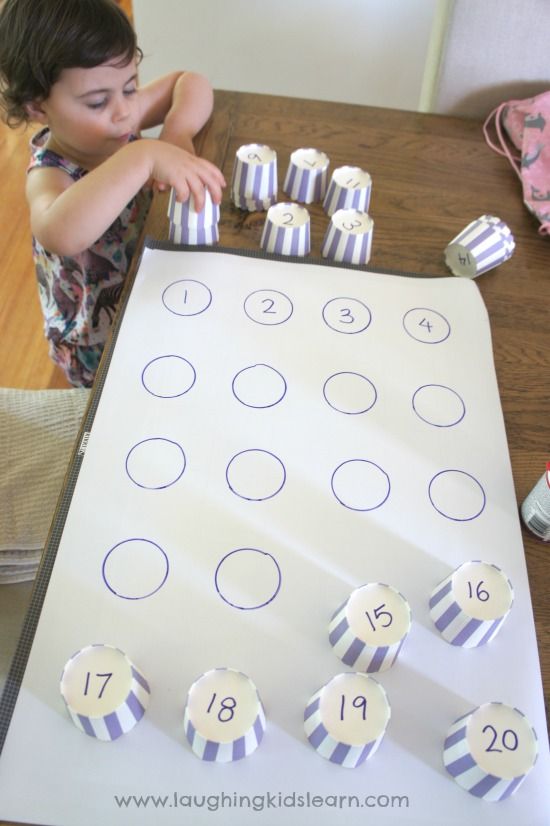
Once they finish, they return to the front. One calls out, “heads up, seven up.” Those who had their thumbs touched stand up and try to guess who touched their thumb.
If they are correct, they get to switch places with the person. If not, the game continues as normal.
This game helps your children to interact with one another. They will develop great social skills and learn the names of their classmates. If you have less than 14, you can always adapt and have fewer people in the front.
9. Button, Button, Who’s Got the ButtonButton, Button, Who’s got theButton is another quiet game to play indoors with a group of children. Everyone sits in a circle with their hands out, and their eyes closed.
One person takes a button and goes around the circle pretending to put the button in everyone’s hands. The person will put the button in one person’s hands.
Once they finish with the circle, everyone opens their eyes and tries to guess who has the button.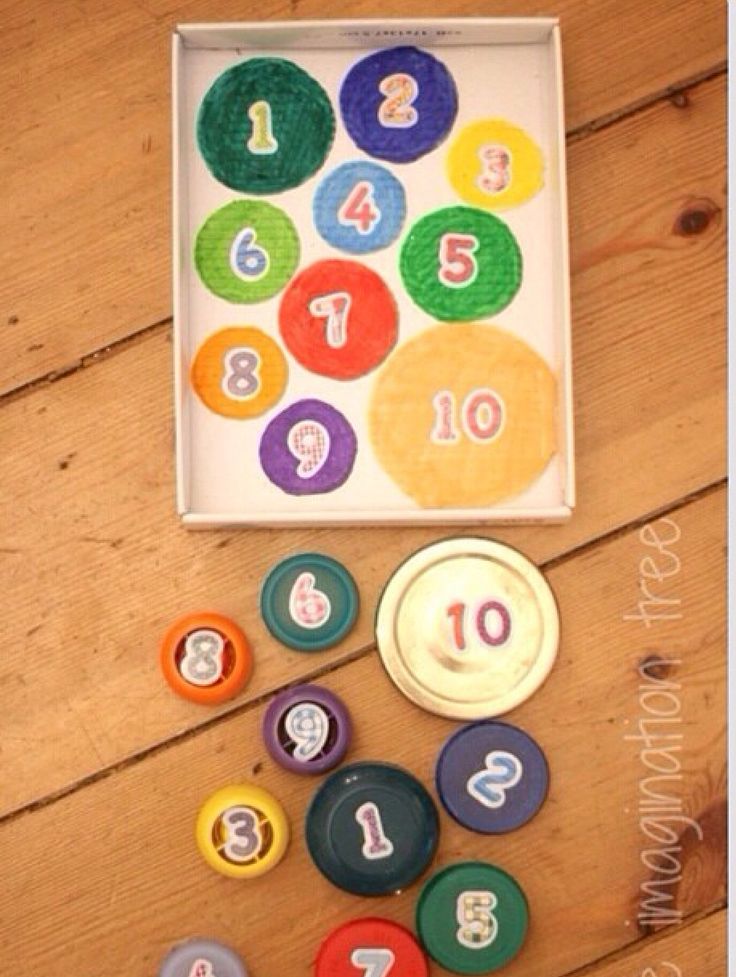 Once the group finally guesses who has the button, they get to go around the circle to give it to someone else.
Once the group finally guesses who has the button, they get to go around the circle to give it to someone else.
This is a great game to help the children interact and learn more about each other. They will also strengthen their social skills.
7 Fun Outdoor Group Games for PreschoolersHere are seven outdoor games for kids.
These are great learning games for preschoolers to play and interact with each other. They also make good group movement activities.
1. Scavenger HuntBefore you take your children outside, prepare a list of things you want them to look for. You can print off a picture of each item for them to identify outside.
You can then let them go together in small groups or all at once, trying to find each item on the list.
This will get your children to interact and develop social skills while also having a good time in nature and learning about the outdoors.
2. HopscotchEvery child loves to play Hopscotch.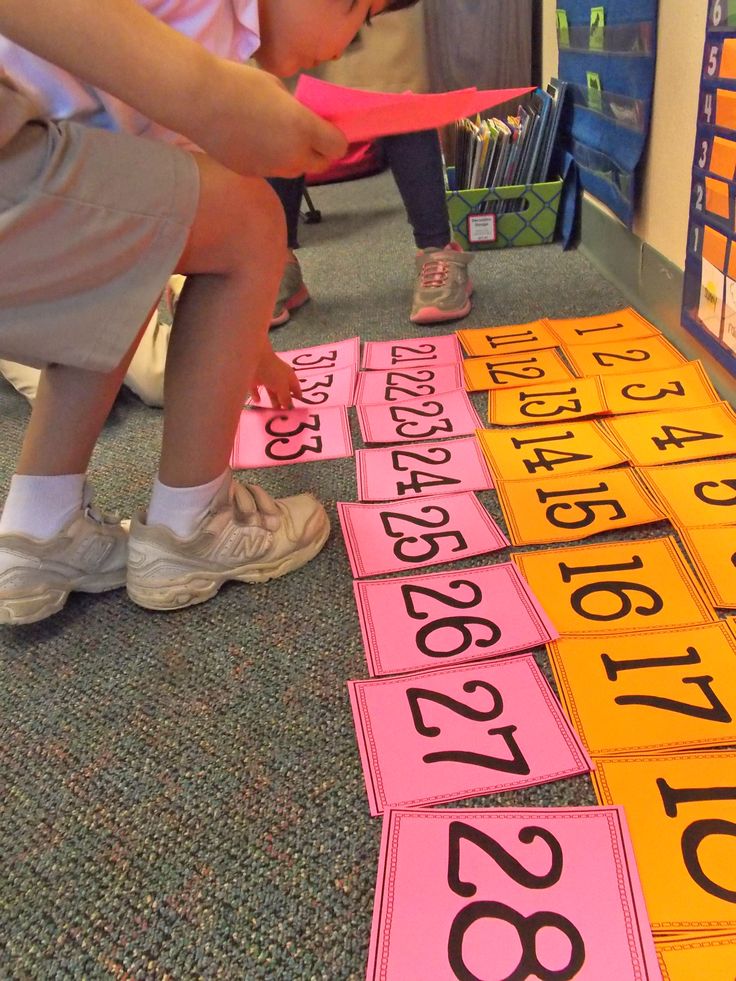 Follow these guidelines to play with a group of preschoolers:
Follow these guidelines to play with a group of preschoolers:
- With some sidewalk chalk, make a hopscotch grid with the numbers 1-9
- Find a rock for the kids that is easy to toss and will stay in place
- Start by tossing the rock on square 1
- Then jump over the square, and continue hopping on each square until you come back to square one
- Pick up the rock then hop on square 1
- In your next turn, toss the rock to square 2 and repeat
- If your toss isn’t on the right square, you have three chances to get it into the right square or you miss your turn
Hopscotch will teach your child many great physical skills. They will develop their gross motor skills as well as their fine motor skills. They will learn better balance as they hop on each square.
3. Jump RopeJump rope is another fun outdoor activity to play with your group of preschoolers. Start by finding a larger jump rope than normal. Have two people swing the rope, each holding one end.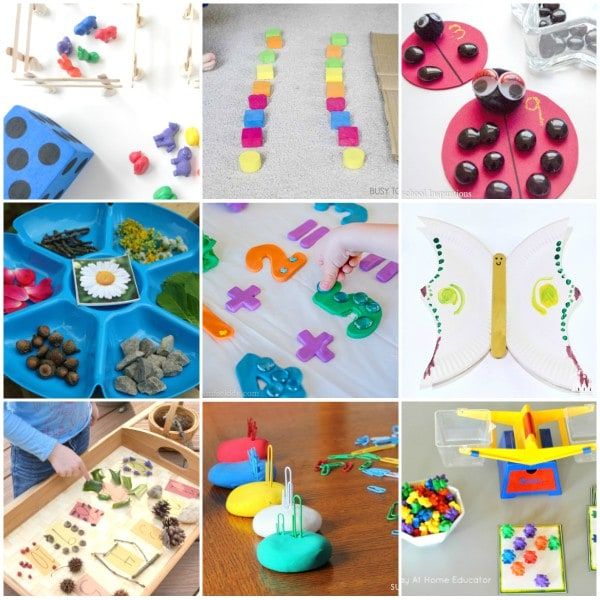
You can jump rope however your kids prefer. They can begin with the rope held still or jump into it while it’s moving. You can say a rhyme as they jump or have the other children count each other’s jumps.
Jump rope can develop physical skills such as balance, strength and coordination, as kids have to learn to jump at the right time.
4. TagTag is a very active outdoor game your kids will love. It is a great chasing game to get them moving.
There are many variations to tag. Simply have one person be “it.” They then have to tag someone else. Then that person becomes “it.”
You can also play freeze tag – once they are tagged, they must freeze in place until a teammate unfreezes them.
Tag is a great way to have your children make new friends and develop their social skills. They will also strengthen their physical skills as well as their speed.
5. Red RoverRed Rover is another great active outdoor game.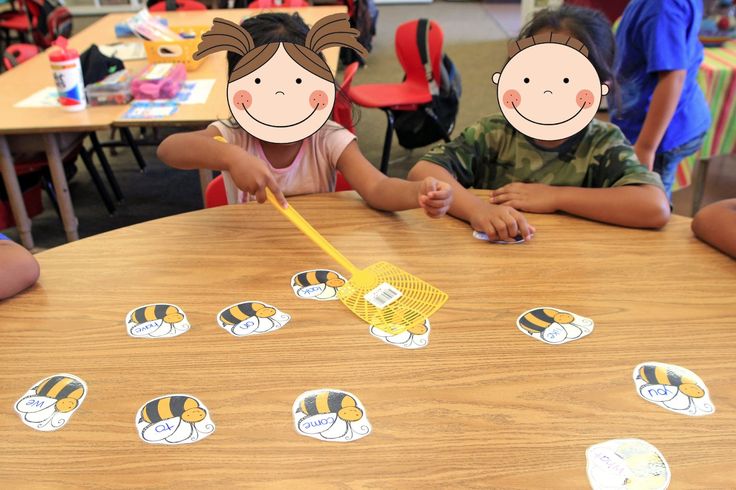 Start by dividing your group into two teams. Then, have them get in a line and hold hands.
Start by dividing your group into two teams. Then, have them get in a line and hold hands.
Space the two teams out about 20 feet or so from each other. Then, each team must take turns saying, “red rover, red rover, let … come over.” That particular person then has to leave their line and run to the next line.
They should run as fast as they can and try to break apart the other team’s line. If they break through, they return to their original team along with someone from the line they just broke. If they do not break through, they have to stay in that team’s line.
This game is good for speed and strengthening, as well as for teaching kids to work together with others.
6. Hot Potato/VolleyballThe Hot Potato Game, or Volleyball, can be played inside as well as outside; however, it is safer to play outside.
Toss an inflatable ball to one person. They have five seconds or less to toss it to someone else in the circle. If they don’t, they are out of the game.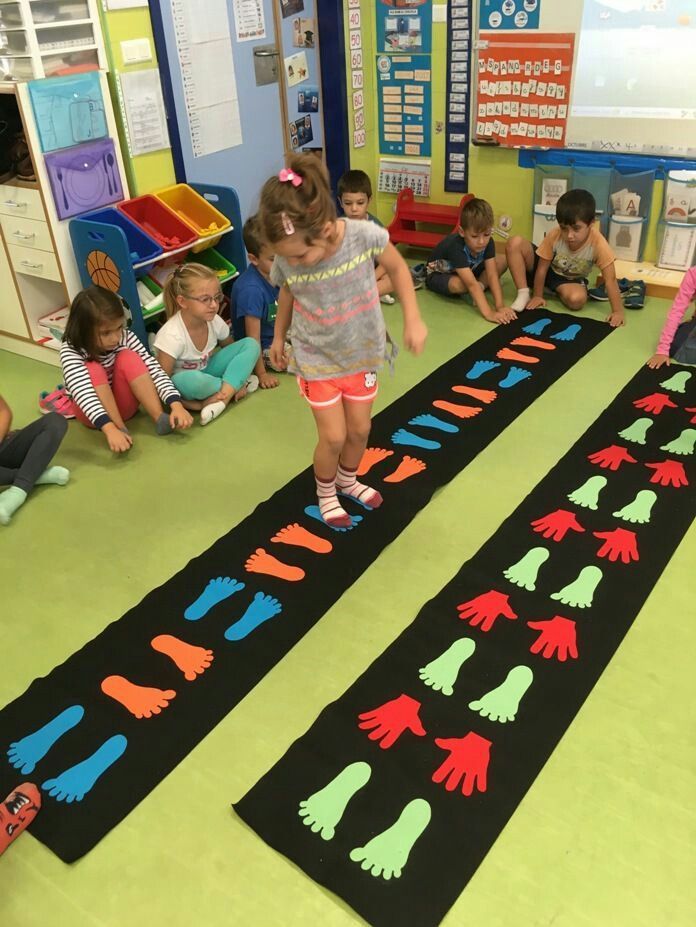
You can change things up as well to make it more suitable to fit your children’s needs. For example, you can ask them to call out the name of the person to who they are throwing the ball in order to strengthen friendships and unity in the group.
This game will help your child develop social interaction skills as well as good physical skills including crossing the midline, catching, balance, etc.
7. Duck, Duck, GooseDuck, Duck, Goose can be played inside or outdoors, but is easier outdoors. If it is a beautiful day outside, go enjoy the sunshine and nature.
Have everyone sit in a circle. Choose one person to be “it.” This person walks around the outside of the circle, touching each person on the head and saying either “duck” or “goose.”
If they say “duck,” they continue to the next person. If they say “goose,” that person must stand up and start chasing the person.
If the person who was “it” runs around the entire circle and sits down, they are safe, and the next person becomes “it.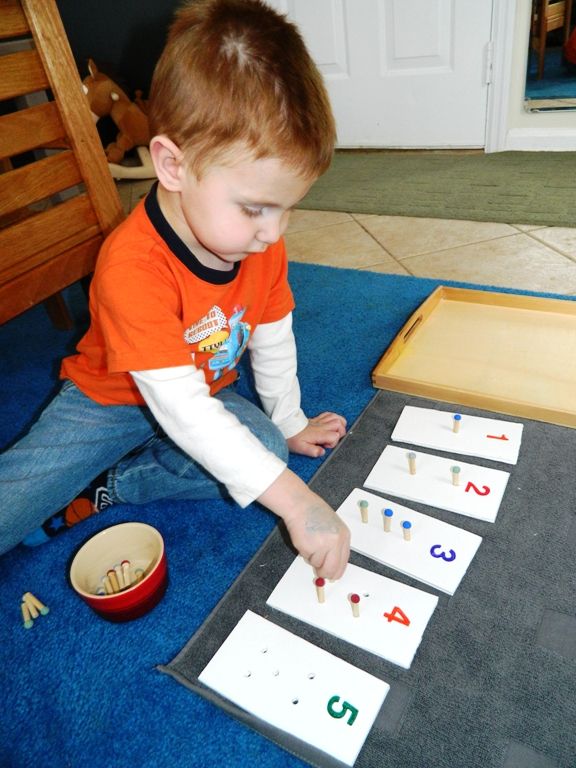 ” If the person who is chasing tags them, they must repeat the circle again.
” If the person who is chasing tags them, they must repeat the circle again.
Duck, Duck, Goose is a fun social game as children get to interact with everyone in the circle. It will also help them develop speed and spatial awareness as they chase around the circle.
And there you have it. I hope you’ll enjoy playing these fun preschool group games! Read more about the many benefits of outdoor games for kids.
Get FREE access to Printable Puzzles, Stories, Activity Packs and more!
Join Empowered Parents + and you’ll receive a downloadable set of printable puzzles, games and short stories, as well as the Learning Through Play Activity Pack which includes an entire year of activities for 3 to 6-year-olds.
Access is free forever.
Signing up for a free Grow account is fast and easy and will allow you to bookmark articles to read later, on this website as well as many websites worldwide that use Grow.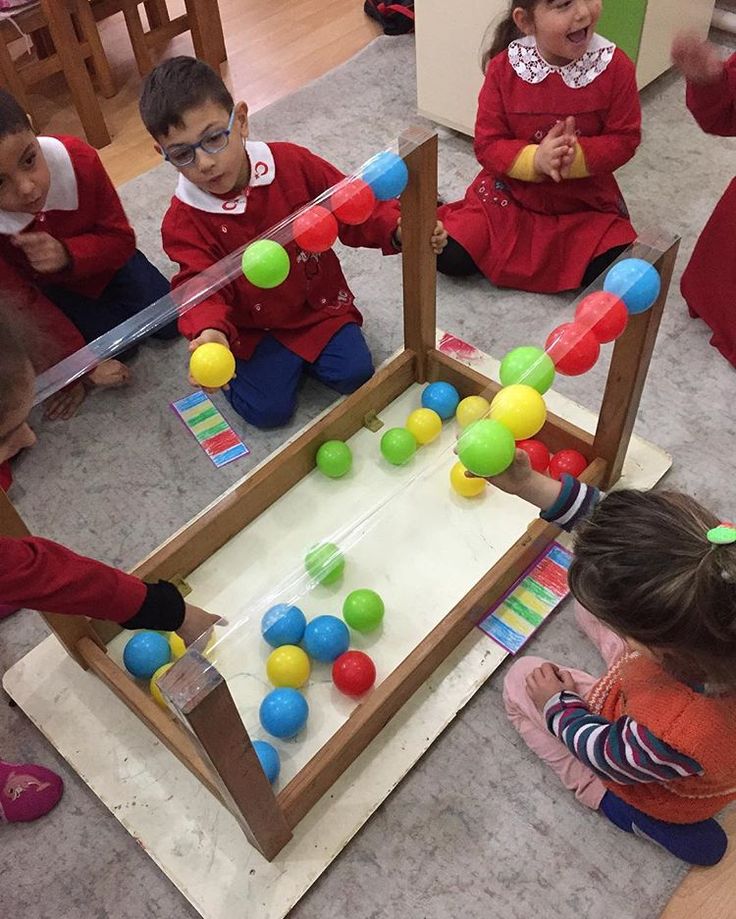
- Share
Educational activities, games and activities for children online
Exciting games, exercises and activities for children by age groups.
Educational games for boys and girls. Choose the age you want and get started!
Practice on any device, anytime.
68 962
assignments for children
Exercises by topic
Preschool
2 years
First steps
3 years old
Start of training
4 years old
Knowledge Joy
The desire to go ahead
soon at school
Study is easy to study
School
Grade 3
Wonderful world
Grade 4
New discoveries
What your child needs!
Dear parents, on the Kids Smart platform, all educational exercises and games for children online are distributed by subject/topic and by age groups. In this section of our service, exercises are specially selected for a certain age of the student.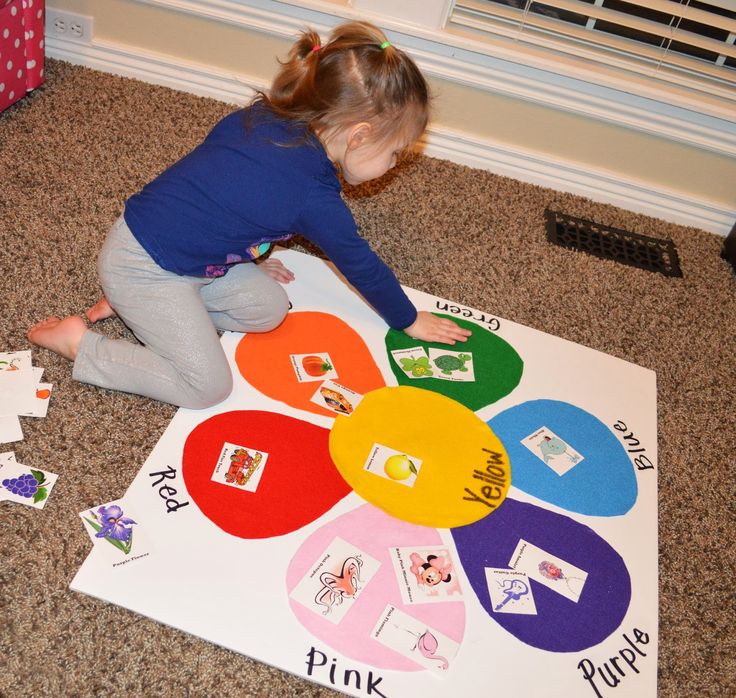
First, you can try to go through several exercises from different groups, then, in the process of performing developmental activities and games, determine in which group your child will be comfortable and productive in learning. Depending on the preparation of the child, you can choose tasks according to his age or go to the older or younger group of games.
Educational games on any device and at a convenient time!
Also developing exercises for children are divided into three levels of difficulty. The service will automatically select the difficulty level of the exercise for each child, taking into account the learning statistics. By performing correctly developing tasks, the service will increase the level of complexity and adapt individually to the student. Periodically, the system issues tasks for repetition, which helps to remember and repeat the material covered.
Kids Smart is convenient because it is possible to perform educational activities online both on a PC and on smartphones, tablet computers and netbooks from anywhere in the world. One registration is enough for you to be able to log in from any device.
One registration is enough for you to be able to log in from any device.
A huge number of tasks!
Fascinating, informative, interesting games and tasks for children help develop attention, logical thinking, train memory and other useful skills in a child. Developing online classes help preschoolers to learn new knowledge, and schoolchildren to consolidate the skills learned in the classroom.
Our team regularly updates and expands the database of exercises and educational games for the development of children online, adding new tasks and items. Show children the fascinating world of new knowledge, develop the ability and train the mind of the child.
Develop logic, intelligence, memory and imagination!
Completing our activities for kids is fun and rewarding! You can devote very little time to doing exercises and tasks online (10-20 minutes a day), and the acquired knowledge and skills will definitely come in handy for your baby.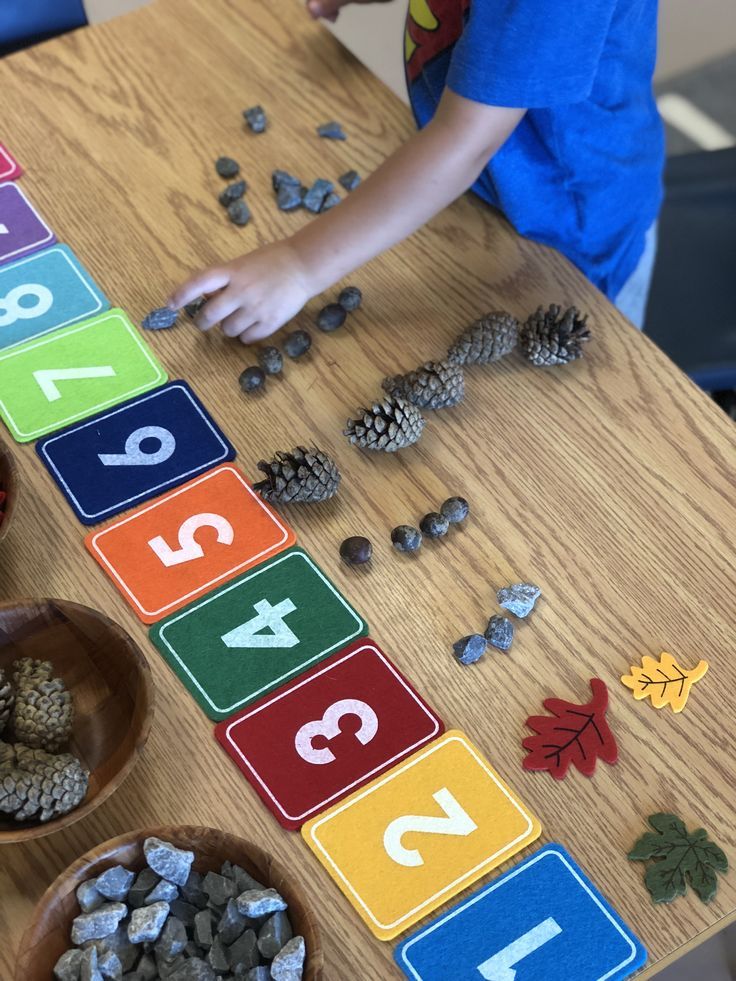 Kids Smart is a modern education, preparation for school, a lot of tasks and educational games. You can choose the number of tasks to perform, group them into blocks, create your own learning system.
Kids Smart is a modern education, preparation for school, a lot of tasks and educational games. You can choose the number of tasks to perform, group them into blocks, create your own learning system.
Looking at the correctness of answers to tasks with the help of performance statistics, you can find out which educational games and exercises are easy for your child and which are difficult. Focusing on these statistics, you can build a learning process and improve student performance. Join us - start exercising online right now!
Reasons to choose Kids Smart as an additional education:
a huge number of educational exercises and games for preschoolers 2 and 3 years old, 4 and 5 years old, 6 and 7 years old, as well as schoolchildren in grades 1 and 2, 3 and 4
a unique system that adapts itself to the individuality of your child
different levels of difficulty of exercises
learning process in a playful way
educational games and tasks on various topics and subjects
interesting motivational rewards in the form of stars achievements, awards and personal diplomas
voiced colorful educational tasks and games
thousands of children around the world choose Kids Smart
useful use of the Internet
online learning
additional educational printed materials for the child
Educational games for children 5-6 years old with parents at home
Games for children of preschool age need.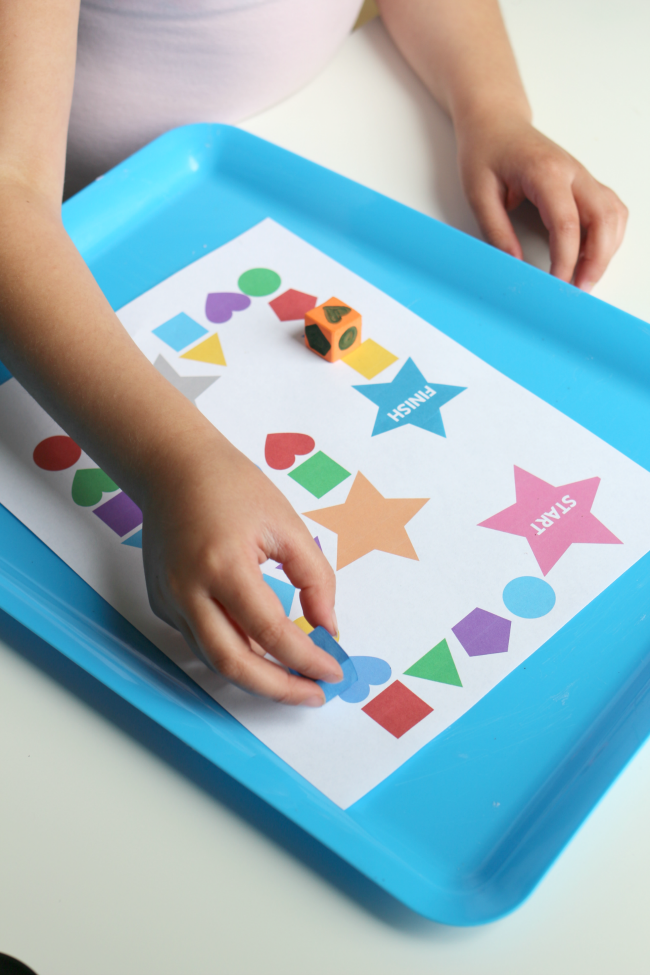 Through the game, the child develops, the formation of his personality takes place. The game helps to master the rules, broaden your horizons, develop perseverance, train mindfulness. These qualities are necessary for an older preschool child, especially before entering school.
Through the game, the child develops, the formation of his personality takes place. The game helps to master the rules, broaden your horizons, develop perseverance, train mindfulness. These qualities are necessary for an older preschool child, especially before entering school.
Any activity with a child must be age appropriate. In this article, we will consider which games are most suitable for children 5-6 years old, and we will understand their classification.
Article content:
- Outdoor games
- Board games
- Educational games
- Educational games
- Advice for parents
- Output
Outdoor games
Outdoor games for children are useful in that they develop reaction, dexterity, endurance, coordination of movements, and add extreme sports. For preschoolers 5-6 years old, an outdoor game lasts 20-25 minutes. This type of play allows children to throw out the energy that accumulates during the day.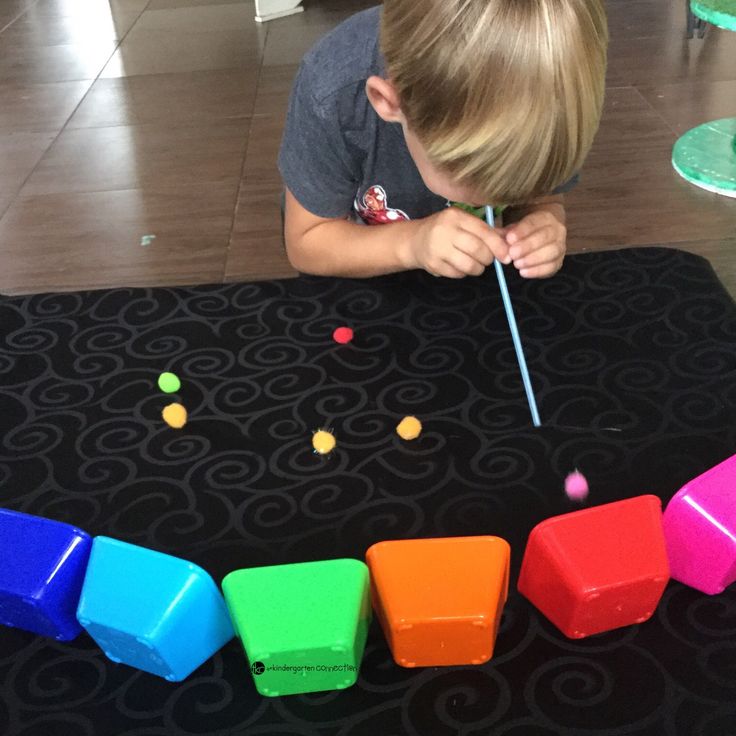
In kindergartens, after an active daytime walk, children have no problems going to bed during the waking hours. This practice can be used at home when you want to put your baby to bed.
- Giant Lilliputians. When an adult says "Lilliputians", the children squat as low as possible to the ground. Hearing the word "giants", they rise up on their toes and pull their hands high up. Make the task more difficult and intentionally confuse the child by naming the word and showing the wrong movement. Playing at a fast pace will encourage the baby to be more attentive and focused, as well as strengthen leg muscles.
- "Do the opposite." For six year olds, this game will be a real challenge to train their attention. An adult shows the movements, and the child must come up with a version in reverse. If the leader jumped, the participant of the game sits down. If the facilitator stretched his hands forward, the participant hides them, and so on.
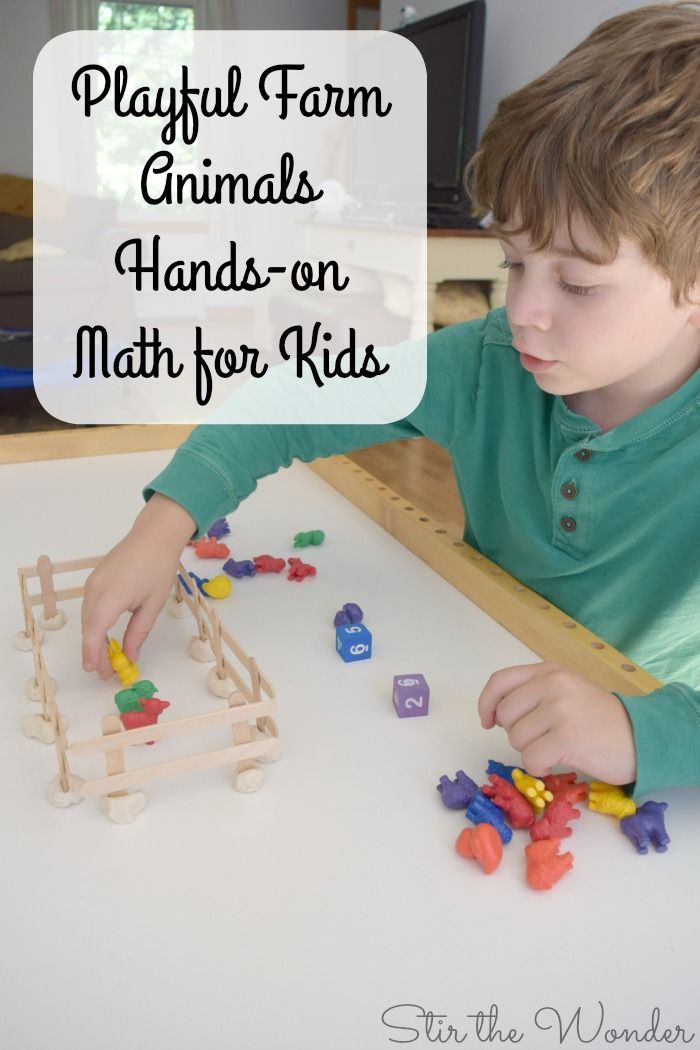
- Dance Marathon. Host a dance marathon for the whole family. To do this, you need a good mood, incendiary music and at least 2 participants. To diversify the game, the adult stops the music, and the children freeze in the position in which they remain. Music games improve mood, relieve fatigue and strengthen the relationship between parent and child.
Board games
For children aged 5-6, board games are an exciting activity. This type of game teaches the child to act according to the rules, to wait for his turn, to be able to negotiate. The desktops always have some paraphernalia that you can touch: cubes, puzzles, figures. Tactile contact with them develops not only curiosity, but also fine motor skills of the child.
There are board games that are more suitable for girls, for example with the heroines of fairy tales. It is also important to select desktops for boys taking into account their interests.
- Jenga.
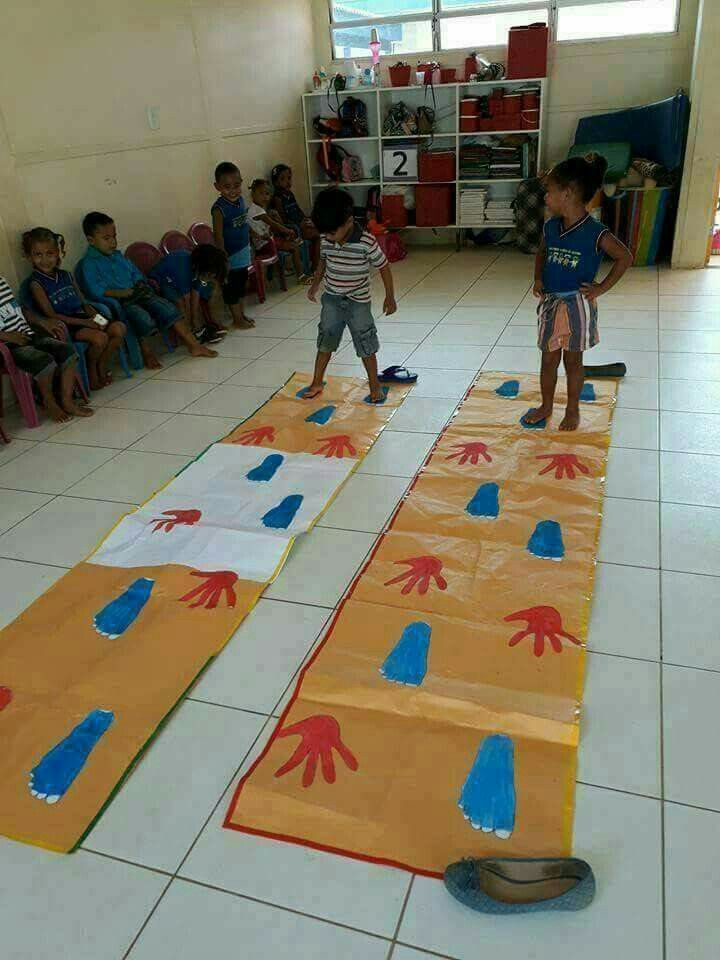 A popular game that develops fine motor skills. Suitable for adults and children. It is a set of wooden blocks. The game begins with the construction of a tower of 3 bars, 3 more bars are placed on top, but in a different direction, and so on with the whole set. When the tower is built, the participants take out a block with one hand so that nothing collapses. The elongated block is placed on top of the tower. The one whose turn the tower collapses loses.
A popular game that develops fine motor skills. Suitable for adults and children. It is a set of wooden blocks. The game begins with the construction of a tower of 3 bars, 3 more bars are placed on top, but in a different direction, and so on with the whole set. When the tower is built, the participants take out a block with one hand so that nothing collapses. The elongated block is placed on top of the tower. The one whose turn the tower collapses loses. - Monopoly. The game exists in various variations. Choose a children's monopoly for children from 5 years old. The number of participants is from 2 to 4 people. The main benefit of a monopoly is that it allows you to master the skills of the economy. All players pass the playing field in turn. The roll of the die determines how many steps the contestant must take. The winner is the one who achieves the bankruptcy of other players and becomes a monopolist.
Educational games
Adults should pay special attention to educational games.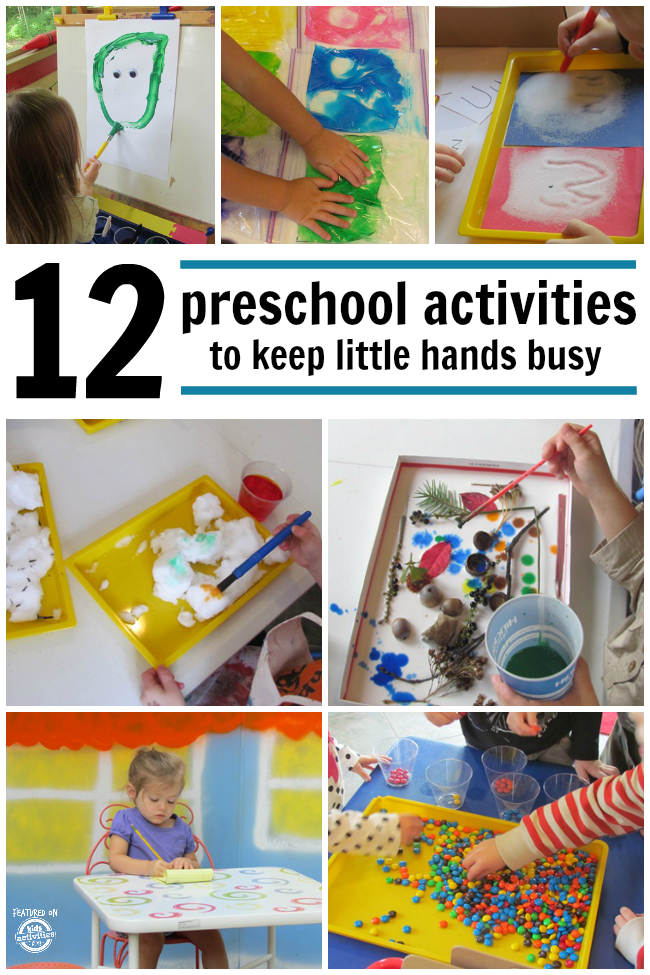 The child chooses those games that respond to him. Therefore, the parent manages the activities of his child, offers options for games that help develop.
The child chooses those games that respond to him. Therefore, the parent manages the activities of his child, offers options for games that help develop.
Consider 2 variants of educational games for children.
For the development of intelligence
Logic games combine 2 important functions - entertainment and development. A child who often plays such games is distinguished by lively thinking, a broad outlook, curiosity and sociality.
Examples of mind games:
- Quizzes for which you need to compose questions and prepare prizes for correct answers. For a 5-year-old child, select questions on the topics of fairy tales (“Who left his grandmother and left his grandfather?”), Nature (“When the sun sets, is that called ...?”), Seasons (“What season comes after spring?” ). Ask children 6 years old to answer questions on the following topics: days of the week (“What day of the week follows Thursday?”), household items (“What device helps to count numbers?”), social world (“What do they call people who have a wedding?” ).
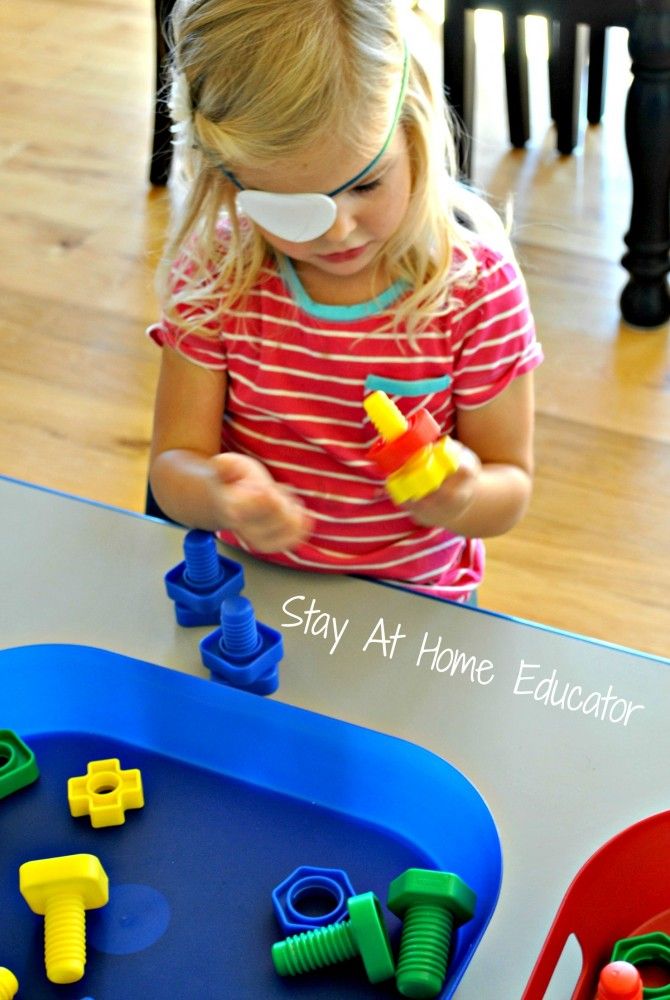
- Solving puzzles is a good way for the logical development of children 5-6 years old. It is necessary to teach the child to guess the encrypted word, starting from simple options. As soon as the baby learns the basics, complicate the puzzles, along the way explaining the new rules.
For the development of speech
Word games with children are very easy to organize at home. Clear and expressive speech, the ability to express one's thoughts will help the child quickly adapt to new conditions at school. Why it is so important to pay attention to the development of speech, read the article "How to teach a child to speak: ways, games and exercises."
Examples of what to play with a child to develop speech:
- “Choose a rhyme”. The adult calls the word, and the child comes up with rhymes. Write down all the rhymes and compose a poem with your child. The game allows you to replenish vocabulary and develops literary creativity.
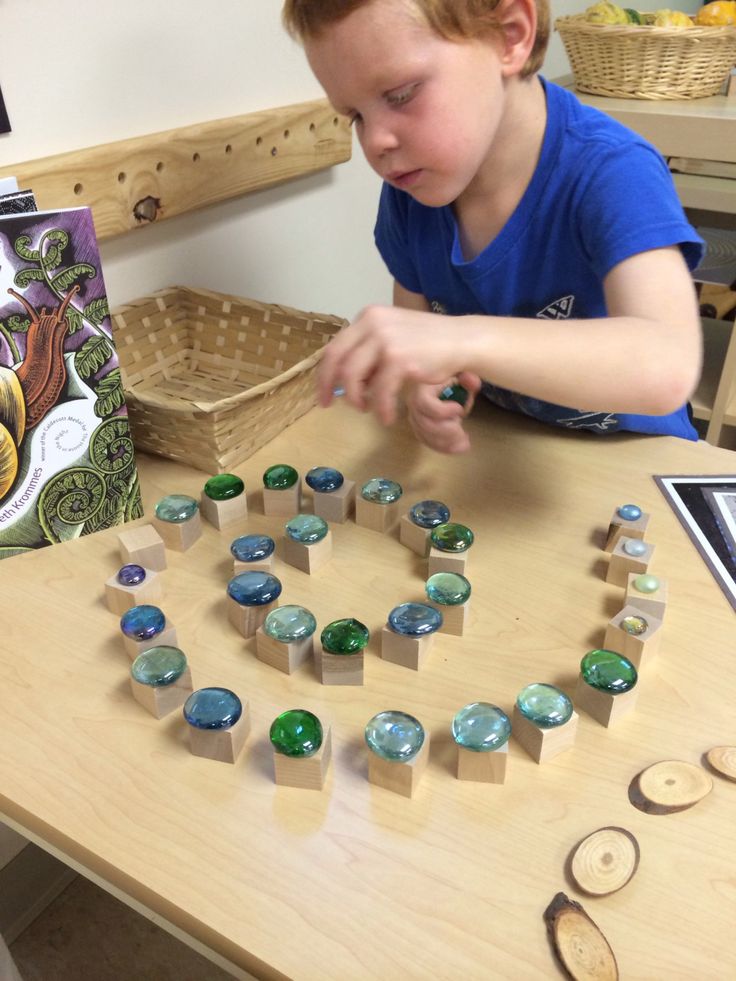
- "Pick a word." The leader throws the ball and calls any part of speech (noun, verb). Participants choose the word that makes sense. For example, "ball" - "jumps", "beautiful" - "doll".
- "Choose an antonym." The facilitator calls the word and invites the participants to pick up the word in reverse, explaining that such words are called antonyms. The game expands vocabulary and reinforces the concepts of the Russian language.
Educational games
Educational games for children develop mental processes: memory, thinking, imagination. The purpose of the cognitive game is to teach the child the knowledge, skills, actions necessary for further development.
For learning to read and write
Learning to read and write begins with your child's introduction to letters and sounds. When a preschooler learns to hear individual sounds in a word, then he will be able to write. You can develop this skill with the help of games:
- “Name words starting with a letter…”: an adult calls a letter, and a child selects as many words as possible that begin with this letter.
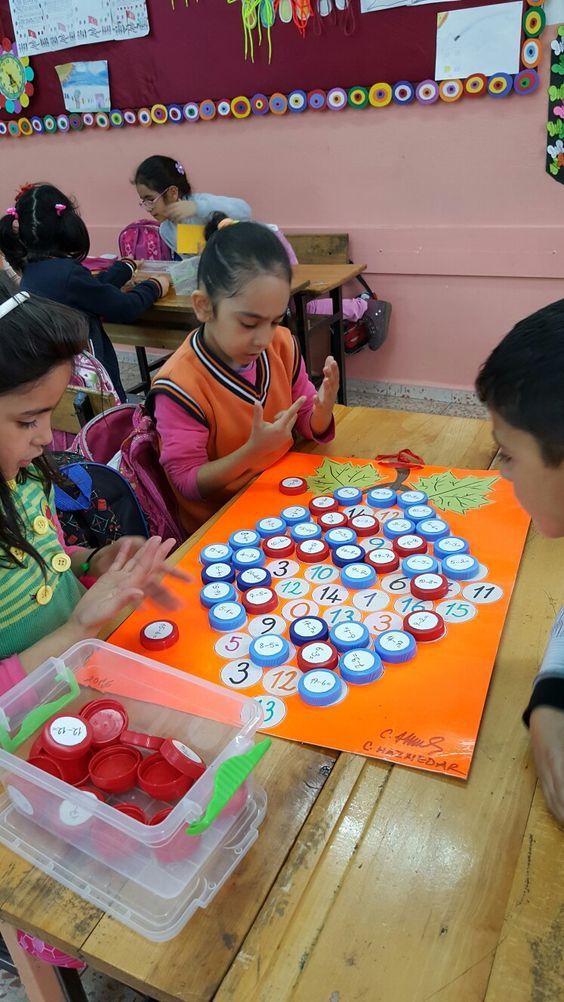 At the initial stage, use pictures with images of words to help.
At the initial stage, use pictures with images of words to help. - "Find the letter": an adult shows pictures with images of letters in different fonts and sizes. The child must find the letter that was asked. With the help of visual memory, a preschooler will remember what the letters look like and will be able to write them on their own.
Math learning
Math games help children aged 5-6 get ready for school. Introduction to mathematics begins with teaching numbers, counting, and then calculations. It will be easier for a child to master mathematical representations if you pick up entertaining games.
- "Geometric figures". The game with a 5-year-old child is aimed at developing knowledge of geometric shapes that can be cut out of cardboard. The adult calls the figure, and the child chooses it among the other figures. At the end of the game, build a house or any other figure together.
- "Tell me, what number is missing?".
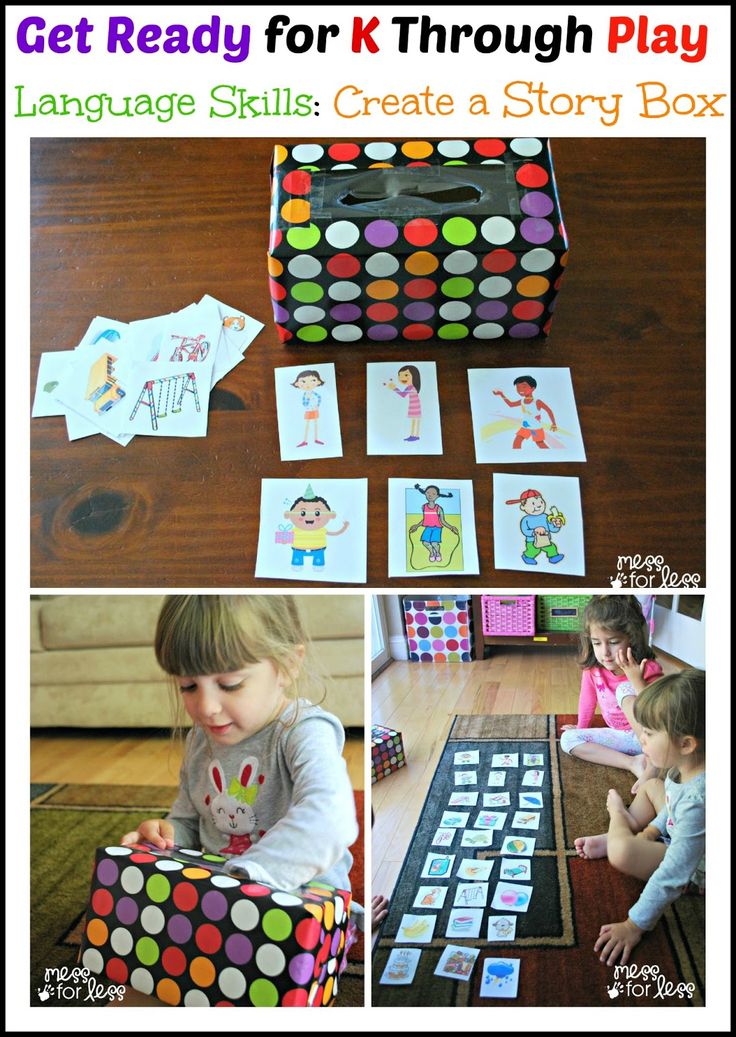 A game for children who can consistently count up to 20. You must fill in the missing numbers that come before, between or after the given number.
A game for children who can consistently count up to 20. You must fill in the missing numbers that come before, between or after the given number.
To teach retelling
The ability to retell texts must be trained from preschool age. Do this while doing household chores. Let the child tell what happened in their favorite cartoon or book. To diversify children's activities, use games for five-year-olds and six-year-olds.
- Theater at home. Choose a story that your child likes. Assign roles and arrange a theatrical performance. Children really like to try on the roles of their favorite characters, so remembering the script will not be difficult. Such an activity will teach the child not only to memorize and retell the text, but also to make the speech expressive.
- "Letter from a forest dweller". For five year olds, playing with an imaginary animal will be a fun way to imagine how this or that character feels.
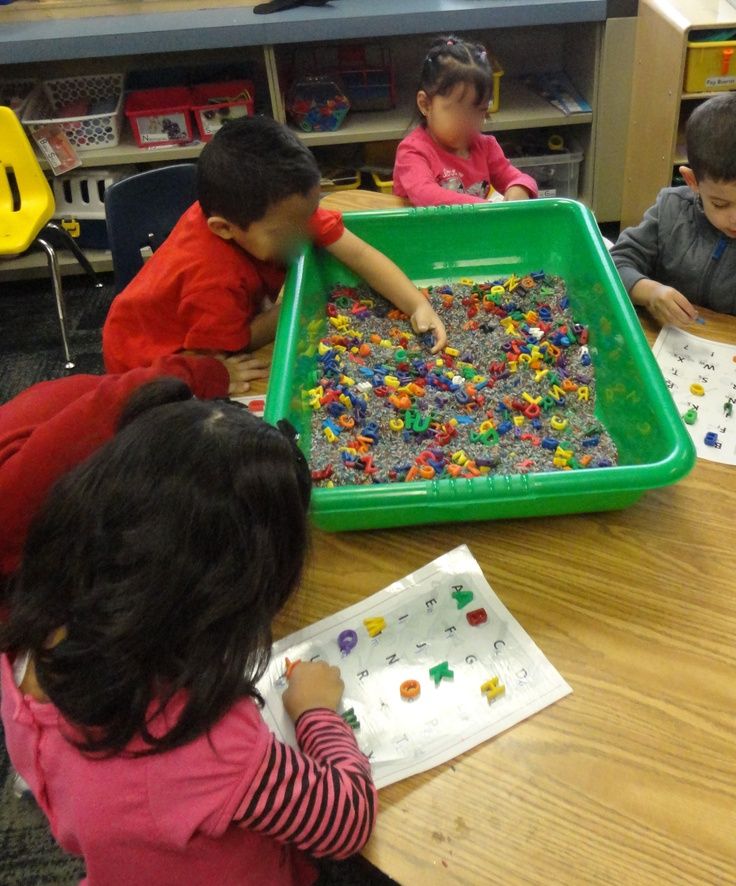 Prepare a set of pictures with a story, for example, how one day in the life of a hare goes. Invite your child to make up a story from the pictures or complete their own version.
Prepare a set of pictures with a story, for example, how one day in the life of a hare goes. Invite your child to make up a story from the pictures or complete their own version.
Tips for Parents
- Discuss the rules before you start playing games.
- To avoid injury during outdoor play, instruct and inspect the play area for safety.
- Games with children 5-6 years old form behavior patterns, so choose useful options.
- Use every opportunity for the development of the child: at home, on a walk, in developing circles.
- Sincerely rejoice in the victories of the baby and do not focus on failures. Parental support is important for a child's development.
Read also: what should be able and know a child in 5 years and 6 years.
Conclusion
Playing with a child at home is a great pastime for adults and children.